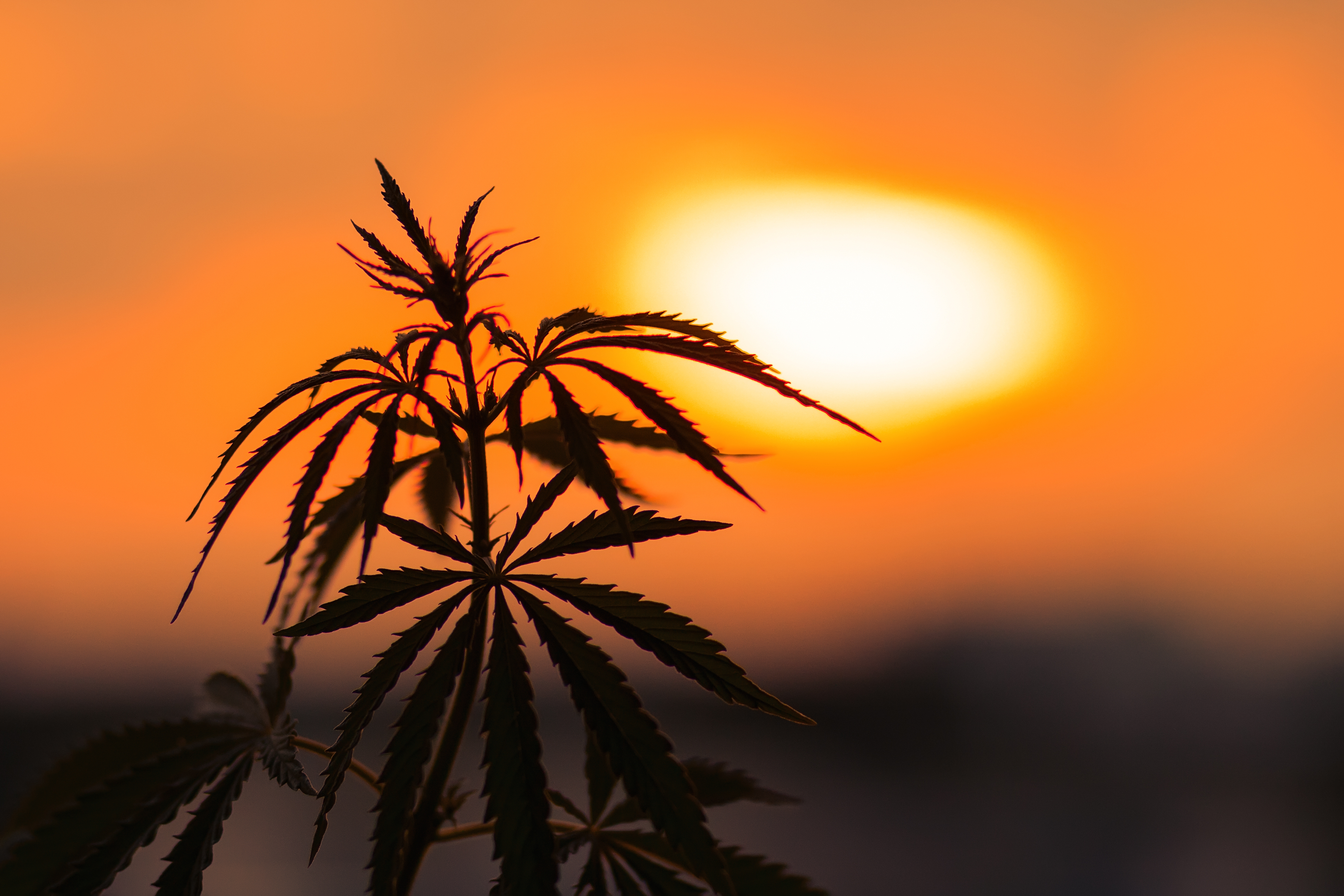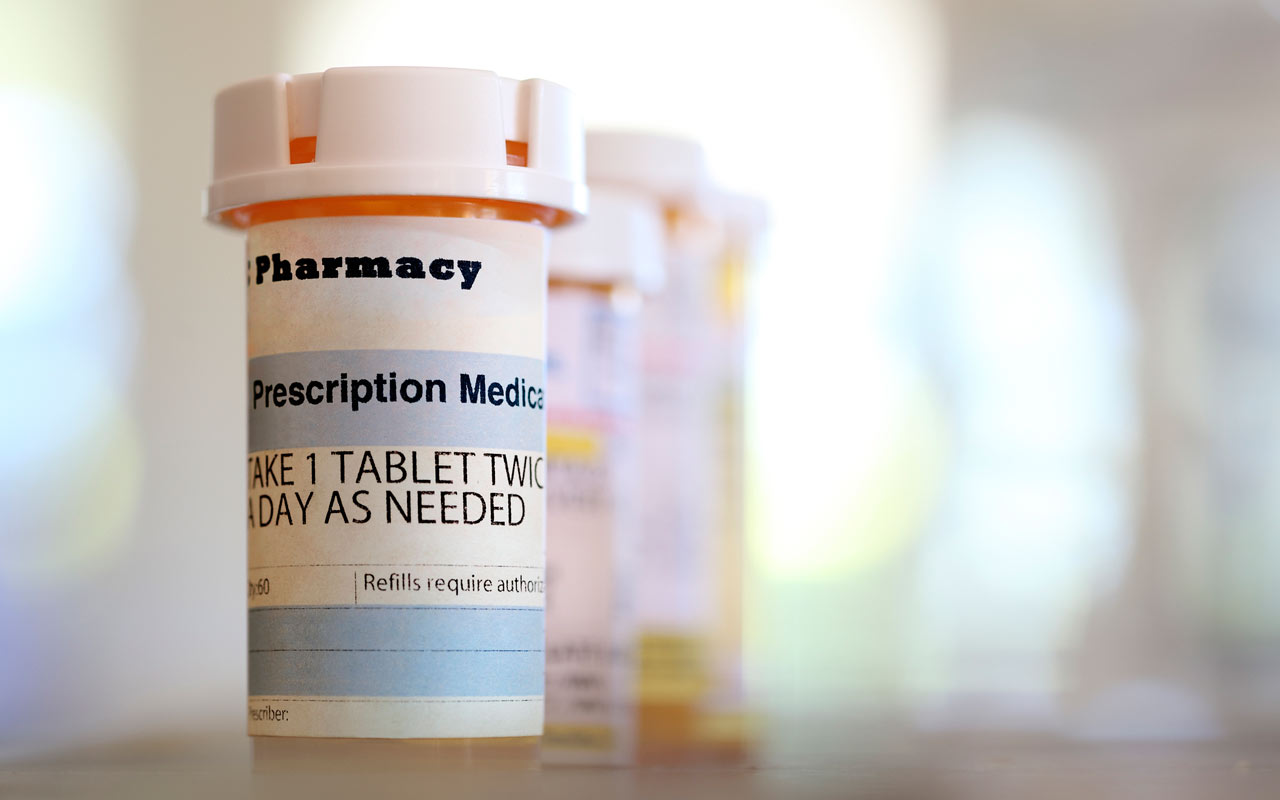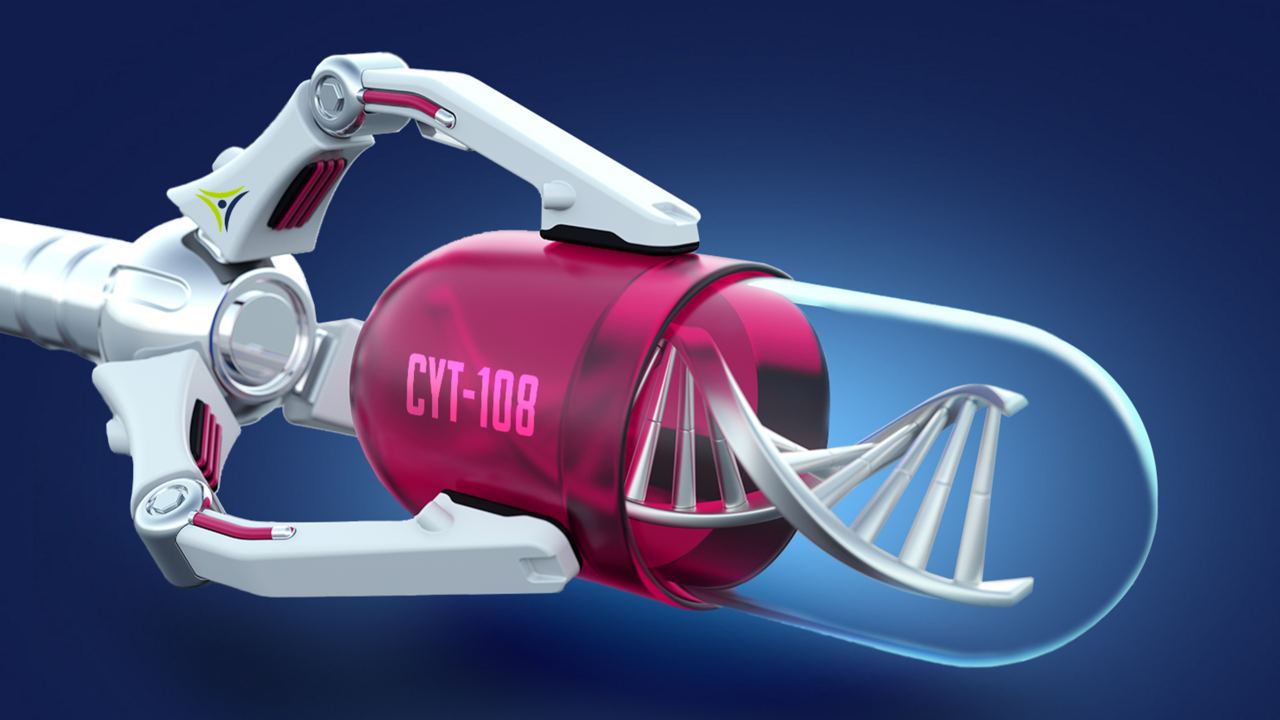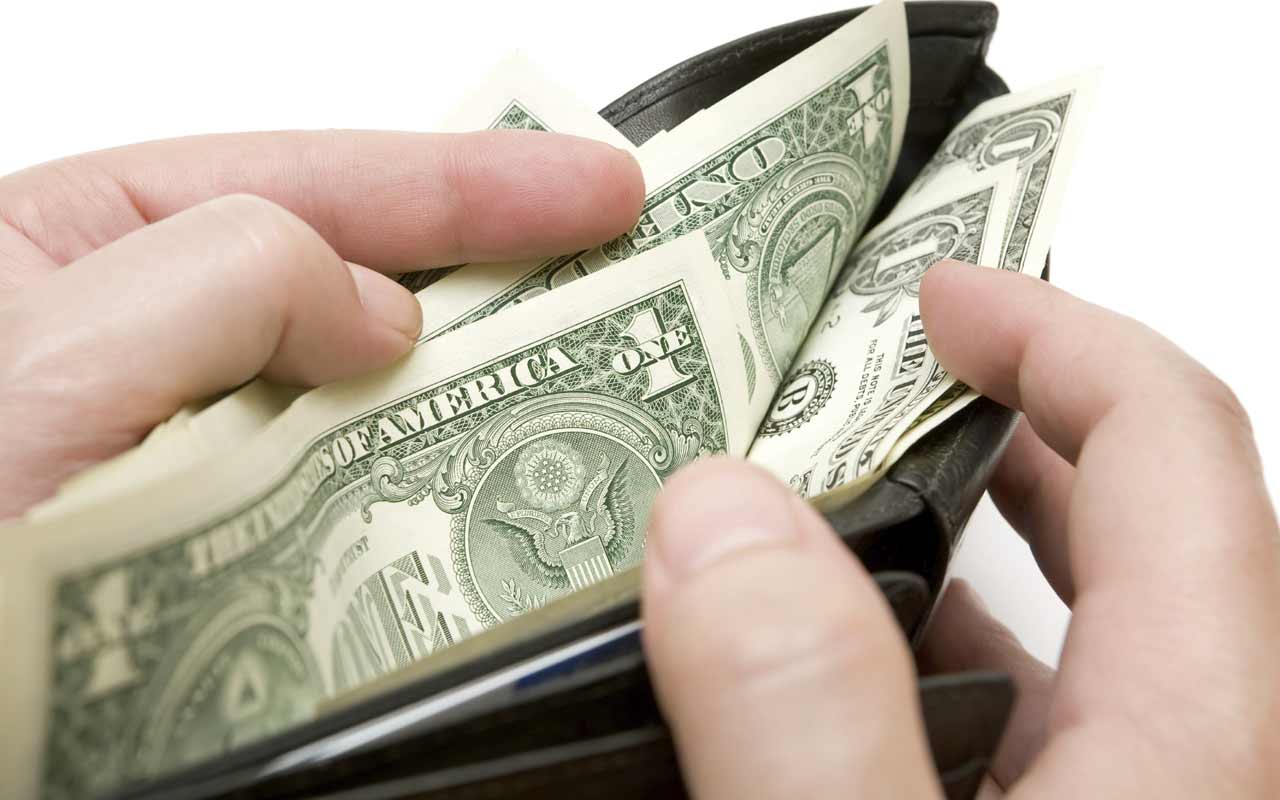Weed Legalization in Florida Gains Ground: This Week in Cannabis Investing
Enough signatures have been gathered to take recreational weed legalization efforts in Florida to the next step.


Profit and prosper with the best of Kiplinger's advice on investing, taxes, retirement, personal finance and much more. Delivered daily. Enter your email in the box and click Sign Me Up.
You are now subscribed
Your newsletter sign-up was successful
Want to add more newsletters?
2024 will be here before we know it, and another big election cycle is on the horizon. Primary election years are usually strong for state-level cannabis legalization initiatives, given the higher voter turnout. We are closely watching a few key states, with potential weed legalization in Florida being of particular note.
Late last week, we learned a key hurdle for recreational cannabis legalization in the state was cleared when Smart & Safe Florida gathered over 294,037 valid signatures for its petition. The committee is seeking weed legalization in Florida, and acquired the number of signatures needed for the Florida Supreme Court to review the proposal and confirm its validity.
From there, the initiative will get the green light to continue gaining more signatures. It will require at least 891,589 for recreational cannabis use to make the ballot next year. Momentum is building, with key stakeholders like Trulieve (TCNNF) providing further funding, and Smart & Safe Florida is already around 33% of the way to gathering enough valid signatures to take recreational weed legalization efforts in Florida to the next step.
From just $107.88 $24.99 for Kiplinger Personal Finance
Become a smarter, better informed investor. Subscribe from just $107.88 $24.99, plus get up to 4 Special Issues

Sign up for Kiplinger’s Free Newsletters
Profit and prosper with the best of expert advice on investing, taxes, retirement, personal finance and more - straight to your e-mail.
Profit and prosper with the best of expert advice - straight to your e-mail.
New York's recreational cannabis market flooded with counterfeit products
The litany of issues regarding New York's emerging recreational cannabis market is well documented. Most recently, a report in Bloomberg detailed rampant illicit importing of cannabis from California and the nonchalant counterfeiting of these brands. This isn't new news per se, as NYC has had a regular flow of this type of activity for years. But it seems to be getting more attention as the state struggles to get legal recreational cannabis doors open.
The market is facing a significant imbalance which is leading to consumer confusion and could introduce additional risks.
"Consumer perception and industry standards don't always meld," said Maddie Scanlon of cannabis industry data firm Brightfield Group. "And you're like, 'Oh my god, they all are thinking they're shopping recreationally?' They just don't know."
It's also fairly clear where the ball has been dropped.
If state regulators cannot see the damage of bad governance and taxation, we expect the industry to step up to force a proper course correction. Each passing week of ongoing issues with escalating magnitude is harmful for the legal industry. We want to see the legal cannabis industry thrive, and we need the states like New York to recognize when they have done wrong and make fast, necessary changes.
FDA delays decision on CBD regulations
It's no surprise that the U.S. Food and Drug Administration (FDA) punted on cannabidiol (CBD), delaying its decision-making until forced by Congress. The FDA doesn't shoot from the hip regarding consumer safety. With the administration setting its own bar on science, it doesn't matter much what evidence outside researchers or the general public find compelling.
Despite anecdotal and observational evidence, there is a need for more safety and efficacy data for the FDA to move forward on CBD. As a primary concern, the FDA has cited a lack of data on CBD's impacts on fertility, but one has to wonder if there was a problem would they not have acted already?
Advocates and some industry insiders believe the next Farm Bill could be an upcoming moment for CBD. Unfortunately, considering the recent history of inclusion in must-pass legislation coming up short (SAFE Banking Act, anyone?), the cannabis and hemp/CBD industry must wonder if any material deviation from language already in the 2018 Farm Bill will make the cut.
"The lack of traction that's gone over in the intervening years since the first farm bill, it's led us all to conclude that [CBD] isn't something [the FDA are] trying to work towards finding a pathway to regulate," said Michelle Bodian, partner at the cannabis-focused law firm Vicente Sederberg.
There is a large dietary supplement industry that wants CBD to be regulated as part of 1994's Dietary Supplement Health and Education Act, but GW Pharma's approved CBD drug complicates this. In addition, the FDA may be wise in avoiding a debate about the intoxicating derivatives of CBD rising in popularity.
With the legislative and executive branches of the federal government letting the industry down, it may be time to pursue legal challenges en route to the Supreme Court. The upshot is that higher priorities may act to maintain the status quo for CBD on the federal level. This opens up an opportunity for states to work together and harmonize regulations that create a quasi-national legalization framework.
One thing about cannabis and hemp is that every day the federal government fails to regulate these categories, the states deepen their ties to the industry and further shape the future for these products and consumers.
Little to no hangover effects from cannabis
Wouldn't it be nice if you could come home after a day of work, relax with a legal wellness-like product, get a good night's sleep, and go to work the next day without a nagging hangover? Most cannabis users are very familiar with this dynamic. It's nothing new to us. We have experienced the ability to have a work-life balance without the hangover, but have been told that our experiences are just anecdotal.
Thankfully, research continues to grow for the legal recreational cannabis industry, and a new study from the University of Sydney has emerged regarding marijuana and its "next-day" effects. The data shows little support for next-day effects and limited evidence of impairment the next day.
The industry badly needs testing that can determine active versus inactive THC without the need to draw blood. For example, a saliva-based test would be far less intrusive and costly. We would like to see if a solution is underway, as that could boost continued legalization progress, especially among more conservative groups.
Profit and prosper with the best of Kiplinger's advice on investing, taxes, retirement, personal finance and much more. Delivered daily. Enter your email in the box and click Sign Me Up.

Morgan Paxhia is Managing Director and Co-Founder of Poseidon Investment Management. With over 10 years experience in investing and finance, Morgan has developed a deep understanding of individual company analysis, portfolio construction, and risk mitigation. This content is not intended to provide any investment, financial, legal, regulatory, accounting, tax or similar advice, and nothing should be construed as a recommendation by Poseidon Investment Management, LLC, its affiliates, or any third party, to acquire or dispose of any investment or security, or to engage in any investment strategy or transaction. An investment in any strategy involves a high degree of risk and there is always the possibility of loss, including the loss of principal. This content should not be considered as an offer or solicitation to purchase or sell securities or other services. Any of the securities identified and described herein are for illustrative purposes only. Their selection was based upon nonperformance-based objective criteria. The content presented is believed to be factual and up-to-date, but we do not guarantee its accuracy and it should not be regarded as a complete analysis of the subjects discussed. Past performance is not indicative of future results.
-
 Timeless Trips for Solo Travelers
Timeless Trips for Solo TravelersHow to find a getaway that suits your style.
-
 A Top Vanguard ETF Pick Outperforms on International Strength
A Top Vanguard ETF Pick Outperforms on International StrengthA weakening dollar and lower interest rates lifted international stocks, which was good news for one of our favorite exchange-traded funds.
-
 Is There Such a Thing As a Safe Stock? 17 Safe-Enough Ideas
Is There Such a Thing As a Safe Stock? 17 Safe-Enough IdeasNo stock is completely safe, but we can make educated guesses about which ones are likely to provide smooth sailing.
-
 15 Cancer Drugs Are in Short Supply, FDA reports: The Kiplinger Letter
15 Cancer Drugs Are in Short Supply, FDA reports: The Kiplinger LetterThe Kiplinger Letter The U.S. is working to address cancer drug shortages caused by manufacturing and supply chain woes.
-
 How Cytonics' Developed a Revolutionary Treatment for Osteoarthritis, Solving a $240B Problem
How Cytonics' Developed a Revolutionary Treatment for Osteoarthritis, Solving a $240B ProblemSponsored Sponsored Content by Cytonics
-
 8 Biotech Stocks With Major Catalysts on the Horizon
8 Biotech Stocks With Major Catalysts on the Horizoninvesting Biotech stocks frequently make big moves on a single trial result or FDA ruling. These 8 drugmakers are worth watching amid important events on deck this summer.
-
 Save the Date: 11 Biotech Stocks to Put on Your Radar
Save the Date: 11 Biotech Stocks to Put on Your Radarstocks Here are 11 biotech stocks and pharmaceutical companies to watch over the next few months.
-
 10 Blockbuster Drugs of the Future
10 Blockbuster Drugs of the Futureinvesting The pharmaceutical industry occasionally hits a home run by creating a drug that generates sales in excess of $1 billion per year – the watermark for what constitutes a so-called “blockbuster.” These heavy-hitters are a rarity relative to the number of drugs that begin development but never really go anywhere.
-
 7 Stocks Under $10 Worth Buying
7 Stocks Under $10 Worth Buyinginvesting When a stock costs less than dinner at a fast-food joint, there’s almost always a reason.